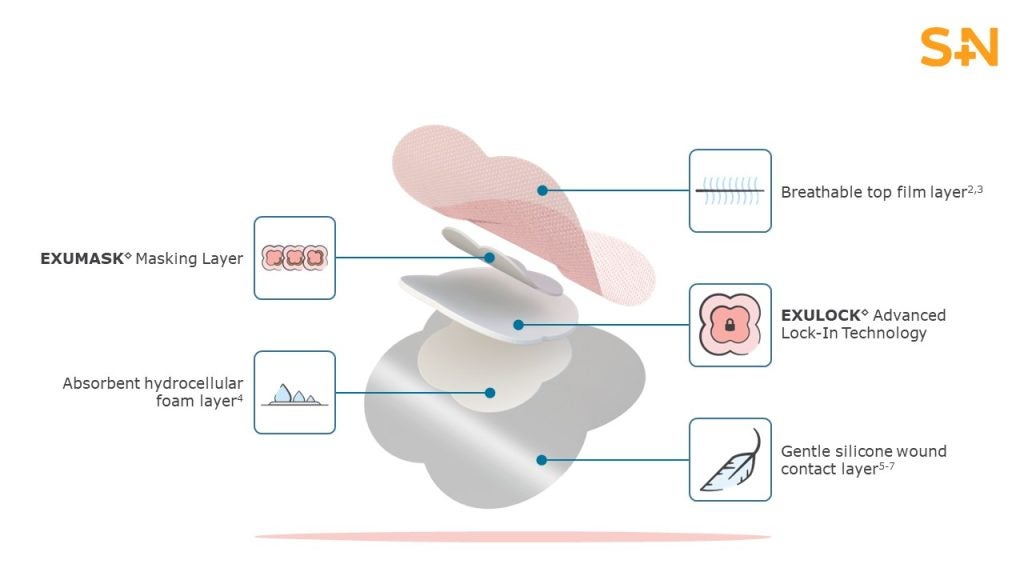
A study conducted at the University of Michigan’s Department of Psychiatry in the US suggests that the modern form of electroconvulsive therapy (ECT), or ‘shock therapy’, should be made more available to depression suffers who fail to get relief from other treatments due to its cost-effectiveness.
The study, published in JAMA Psychiatry, looked at the cost-effectiveness of ECT in comparison to antidepressant medications and talk therapy.
The researchers predict that ECT as a third-line treatment would have an incremental cost-effectiveness ratio of $54,000 per quality-adjusted life year. This ratio falls well below the $100,000 threshold usually considered worthwhile for health spending in the US. However, the study did not take into account lost productivity by the patients due to depression, or the time and travel costs required for ECT or clinic appointments.
The researchers used data collected from recent clinical studies to create simulations of patients’ potential journeys through various depression treatment strategies.
Medication, psychotherapy or a combination of both was considered more cost-effect than ECT for patients who were receiving depression treatment for the first time or patients whose first treatment choice was not successful.
However, ECT was found to be a more cost-effective choice for patients who suffer from ‘treatment resistant’ depression.
How well do you really know your competitors?
Access the most comprehensive Company Profiles on the market, powered by GlobalData. Save hours of research. Gain competitive edge.

Thank you!
Your download email will arrive shortly
Not ready to buy yet? Download a free sample
We are confident about the unique quality of our Company Profiles. However, we want you to make the most beneficial decision for your business, so we offer a free sample that you can download by submitting the below form
By GlobalDataECT delivers brief, mild electrical impulses to a patient’s brain whilst they are under short-term anaesthesia. Patients may require more specialised care after this treatment but depression symptoms may be significantly reduced according to the study.
U-M Medical School student and lead author of the study Eric Ross said: “Although choosing a depression treatment is a very personal choice that each patient must make with their physician based on their preferences and experience, our study suggests that ECT should be on the table as a realistic option as early as the third round of care.”
Senior author Dr Daniel Maxiner added: “ECT is often considered a last resort by patients and providers. Unfortunately, research shows that with multiple medication failures and long duration of illness, sometimes many years, the chance that patients can achieve remission drops quickly to very low numbers.
“ECT is the best treatment to produce remission. So, in addition to the clinical idea that ECT should be used sooner, our study adds another perspective highlighting that ECT is also cost-effective earlier in the treatment course of depression.”
The researchers believe the new findings could help physicians make the case to patients’ insurers that ECT should be covered earlier in a treatment-resistant depression patient’s course.





